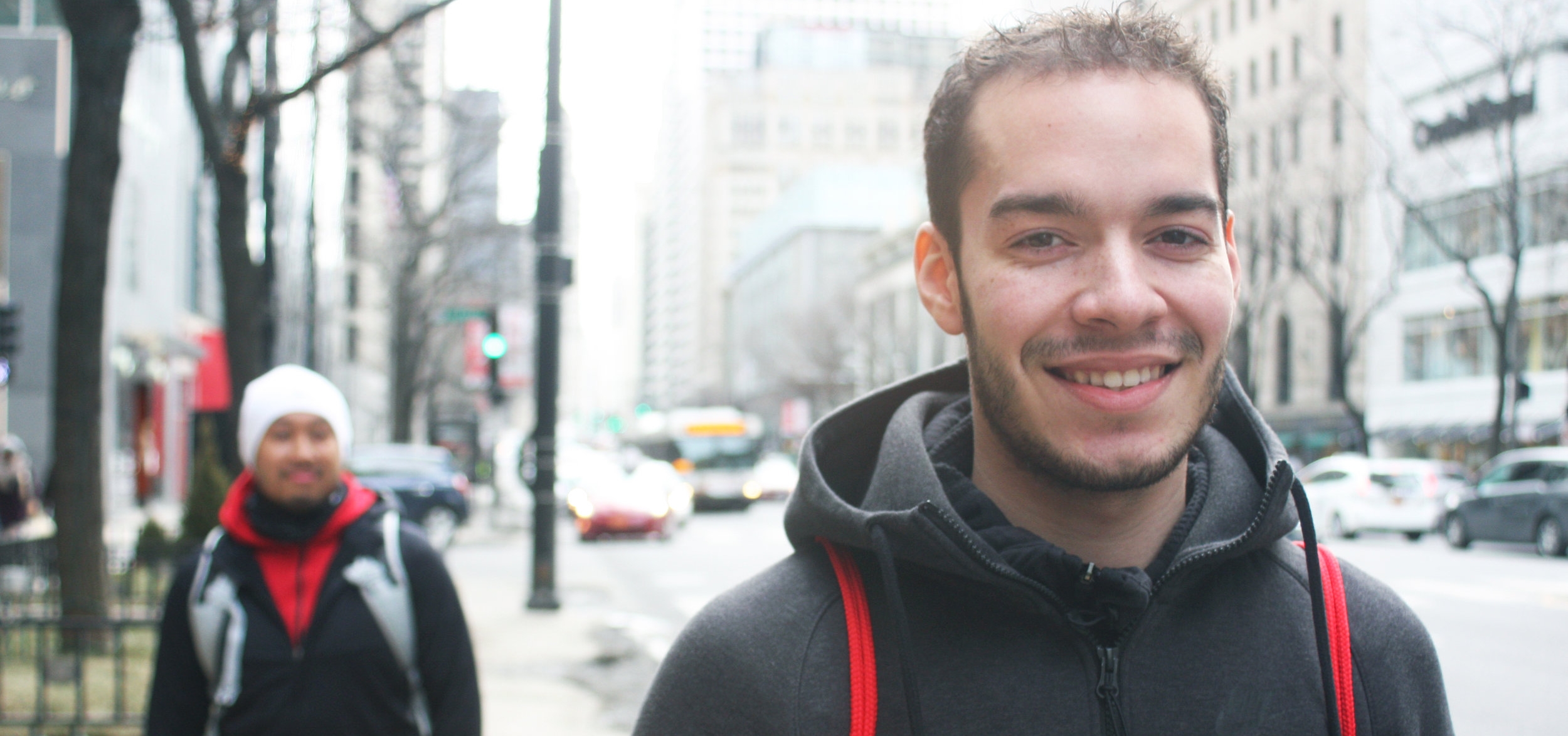Mental illness does not discriminate against race, class, age, sexual orientation, or gender. However, men can be uniquely affected by mental illnesses in several ways:
- Gender roles and Media - Depression - Substance Abuse Disorder - Suicide
Male Gender Roles
Cultural and media notions can cause the degradation of mental well-being. It is a well-known fact that societal notions and the media can distort beauty ideal and body image. This is more commonly associated with women than with men. However, men are also affected by similar stigmas. In the media, an unattainable “macho” image is given to the audience, which often portrays muscular men without feelings of sadness, pain, sickness, and fear. These emotions are perceived as unmanly or feminine by society. According to the “Psychology of Men,” there are several principles to American male masculinity.
1. Restrict emotions
2. Avoid being feminine
3. Focus on toughness and aggression
4. Be self-reliant
5. Make achievement the top priority
6. Be non-relational
7. Objectify sex
8. Be homophobic
Men often bottled up their emotions, and start unhealthy practices to cope with these feelings. These unhealthy coping methods can lead to mental health disorders and eventually suicide. However, anyone struggling with mental illnesses should realize that they are never alone. Family, friends, and resources are always available. Please scroll to the bottom of the page for some resources! Remember, mental illnesses is not a sign of weakness or a feminine problem, but a medical condition that can be treated. Diagnosis and treatment should not be avoided, but taken seriously.
It is understandable that cultural stigmas on genders may cause stress. This can distort perception of medical services, leading to avoidance and/or fear of finding help. There are ways to help alleviate stress and anxiety:
1. Deep Breathing: Try these tips from Harvard Health.
2. Don’t Rush Things: It is okay to slow down, and focus on one thing at a time.
3. Explore Meditation: Here are 5 Meditation Tips for Beginners.
4. Reach Out It helps to talk about it. We've listed some resources below.
Men and Depression
In the U.S., approximately five million men experience depression in a given year. Male depression is a serious mental disorder and needs immediate treatment. Yet, it often goes untreated and underdiagnosed in men.
Four Reasons for Underdiagnosis
1. The individual may not recognize his depression symptoms or mistake them for another issue.
2. Some men tend to suppress and mask signs and symptoms.
3. Some men are reluctant to disclose depressive symptoms.
4. Many men resist treatments and avoid diagnosis of male depression.
Signs of Depression
- Fatigue
- Lack of or too much sleep
- Pain in the stomach or back
- Anger, hostile, indecisive, or irritable behavior
- Concentrations problems
- Stress and Anxiety
- Sexual dysfunction
- Substance abuse
Men and Substance Abuse
Sometimes, male depression is even masked by unhealthy coping methods such as drinking alcohol or abusing drugs. Substance abuse is an unhealthy coping habit and it is a form of unsafe self-medication. Men are more likely to develop substance abuse disorder than women. In fact, men are five times more likely to abuse alcohol than women. Alcohol and drug consumption are methods adopted to cope with and mask over emotions. Due to societal stigmas about mental illness and masculinity, it is difficult for men to admit their feelings or any prolonged illness (mental or physical). Substance abuse disorder often has physical and mental risks:
- Depression, anxiety, suicide, accidents - Risky sexual or violent behavior - Employment or health problems - Addiction
Men and Suicide
There is a difference between suicide rates and gender. While women are statistically more likely to attempt suicide, men are four times more likely to complete suicide than women. Men are more likely to use lethal means than women such as guns or knives. Men show fewer warning signs than women. Men act on suicidal thoughts quicker than women. If you have suicidal thoughts, please click here.
Treatment Options
Mental illness is different for each person. Therefore, each treatment plan is different. It can consist of one or a combination of treatments. Self-medication or self-treatment is not advisable. Always consult your medical physician. Click each treatment for more information.
Drug Therapy Alternative Therapy Psychotherapy Men’s Support Group
Additional Resources
- http://www.suicide.org
- http://mantherapy.org
- http://us.movember.com/mens-health/mental-health
- http://www.alcoholics-anonymous.org
- http://drug.supportgroups.com
- http://exchanges.webmd.com/depression-exchange
Citations
1. American Psychological Association. "Sex differences in mental illness: Men more likely to develop substance abuse, antisocial problems; women more likely to develop anxiety, depression." ScienceDaily. ScienceDaily, 19 August 2011. . 2. "Psychology of Men » Male Gender Role." Psychology of Men » Male Gender Role. N.p., n.d. Web. 04 Mar. 2014. . 3. Mayo Clinic Staff. "Diseases and Conditions." Male Depression: Understanding the Issues. Foundation for Medical Education and Research, n.d. Web. 04 Mar. 2014.. 4. Zamosky, Lisa. “12 Signs of Depression in Men”. Health Media Ventures, n.d. Web. 04 Mar. 2014. . 5. "Fact Sheets - Excessive Alcohol Use and Risks to Men's Health." Centers for Disease Control and Prevention. Centers for Disease Control and Prevention, 09 Apr. 2013. Web. 11 Mar. 2014. . 6. "Men & Alcohol." Men & Alcohol. Health Alliance Plan of Michigan, n.d. Web. 11 Mar. 2014. . 7. Feature, Jeannette MoningerWebMD. "How to Reduce Stress: 10 Relaxation Techniques To Reduce Stress on the Spot." WebMD. WebMD, n.d. Web. 25 Mar. 2014. . 8. "OCD Facts and Statistics." Designed Thinking RSS. Designedthinking.com, n.d. Web. 29 Mar. 2014. . 9. "Post Traumatic Stress Disorder." Post Traumatic Stress Disorder. N.p., n.d. Web. 29 Mar. 2014. . 10. "Hotline Information." Bipolar Disorder Statistics. N.p., n.d. Web. 29 Mar. 2014. .


